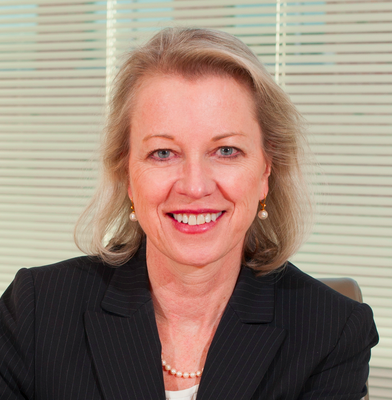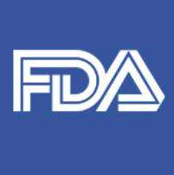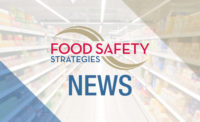Source: The FDA Voice Blog
I have been the director of FDA’s Center for Food Safety and Applied Nutrition (CFSAN) for two months now. What I have enjoyed the most about this new job has been getting to know the people in CFSAN, who come from incredibly varied and interesting backgrounds. I am truly impressed by their commitment to excellence and dedication to our mission to protect and promote public health.
I have also been struck by the depth and breadth of expertise involved in every initiative CFSAN undertakes. So many scientific disciplines are involved: We rely on the insights of our medical officers, toxicologists, epidemiologists, biologists, chemists, behavioral scientists, and nutritionists. Working with our scientists are our policy and communications experts, economists and lawyers. We all have the same goal: to give the safety of food and cosmetics and nutrition issues the thorough and careful consideration they deserve.
We stand on two legs: strong science and our ability to create policy and regulatory solutions to address public health concerns. The scientific fields in which we work, from genomics to toxicology, are advancing rapidly. The use of new technologies can make our science better and help us to get the information we need more quickly. Yet the constant evolution and adoption of new scientific methods can also pose unique challenges — for example, in interpreting trends in food safety and foodborne illness.
When considering the science of food and cosmetic safety, we assess the scientific certainty, severity, and likelihood of any given risk, and identify those people who would be most vulnerable. We consider what additional research can be undertaken to better clarify the science for decision-making, and use what we currently understand to determine whether the risk can be avoided.
For each issue, we need to examine the full range of options, ranging from consumer education to regulation to enforcement. For regulatory options we work with our legal teams to consider what is possible within our authorities. What are we empowered to do and how does our work intersect with that of other federal agencies? If we take an action, what is the international context, and are there foreign trade implications? What are the views of groups that will be most affected by our decisions, on both the consumer and industry sides? What are the costs and benefits? Have we thoughtfully considered how to ensure high levels of compliance?
I have observed with a great sense of satisfaction how we work together with other federal partners. For example, leaders from the Centers for Disease Control and Prevention (CDC) visited our center recently to share information and discuss how we can best support each other in our joint commitment to food safety. In the brief time I have been here, I have also observed interactions with the U.S. Department of Agriculture, the National Institutes of Health, and the Environmental Protection Agency.
CFSAN’s work is funded by taxpayers and affects people’s lives every day. Our work has real consequences for consumers, businesses, and industry. I have learned the importance of engaging in meaningful conversations with those outside of government, who are affected by our decisions. As we talk to our industry stakeholders, we benefit from their expertise and better understand the real-world constraints they face, and that ultimately helps us to put forth more effective policy. Similarly, we value hearing the perspectives of consumers, medical groups, and the scientific community, which often highlight areas where additional FDA focus is needed to protect public health. In our communications, we strive to accurately convey the risks and/or benefits of any food or product, and to rapidly communicate any emerging health concerns.
I have observed an amazing array of public health issues coming across my desk at CFSAN over the past two months. I am energized by the diverse breadth and depth of activity, and look forward to the challenges and opportunities ahead, and to sharing my thoughts and experiences with you on Twitter and in future blog posts.
Susan Mayne is the Director of FDA’s Center for Food Safety and Applied Nutrition




